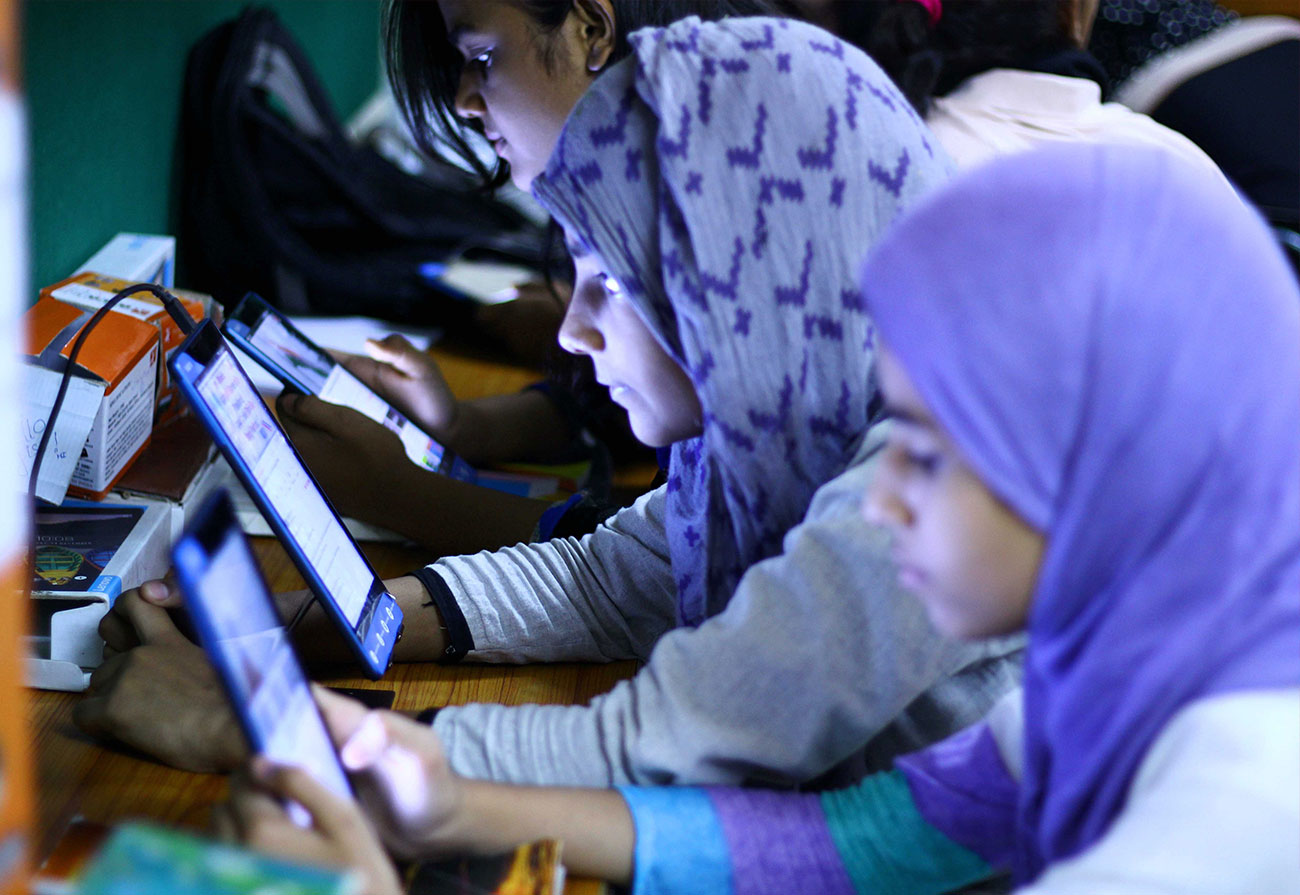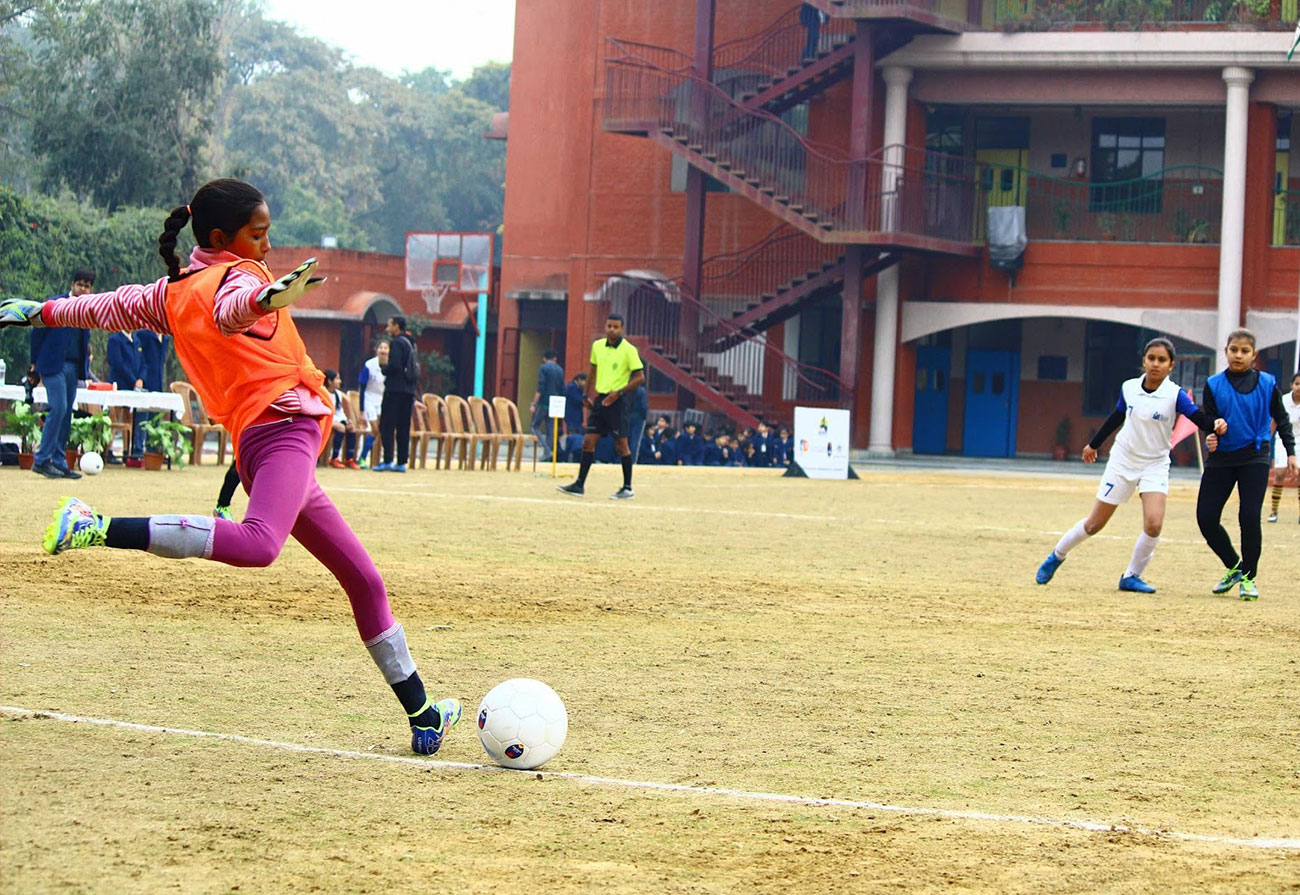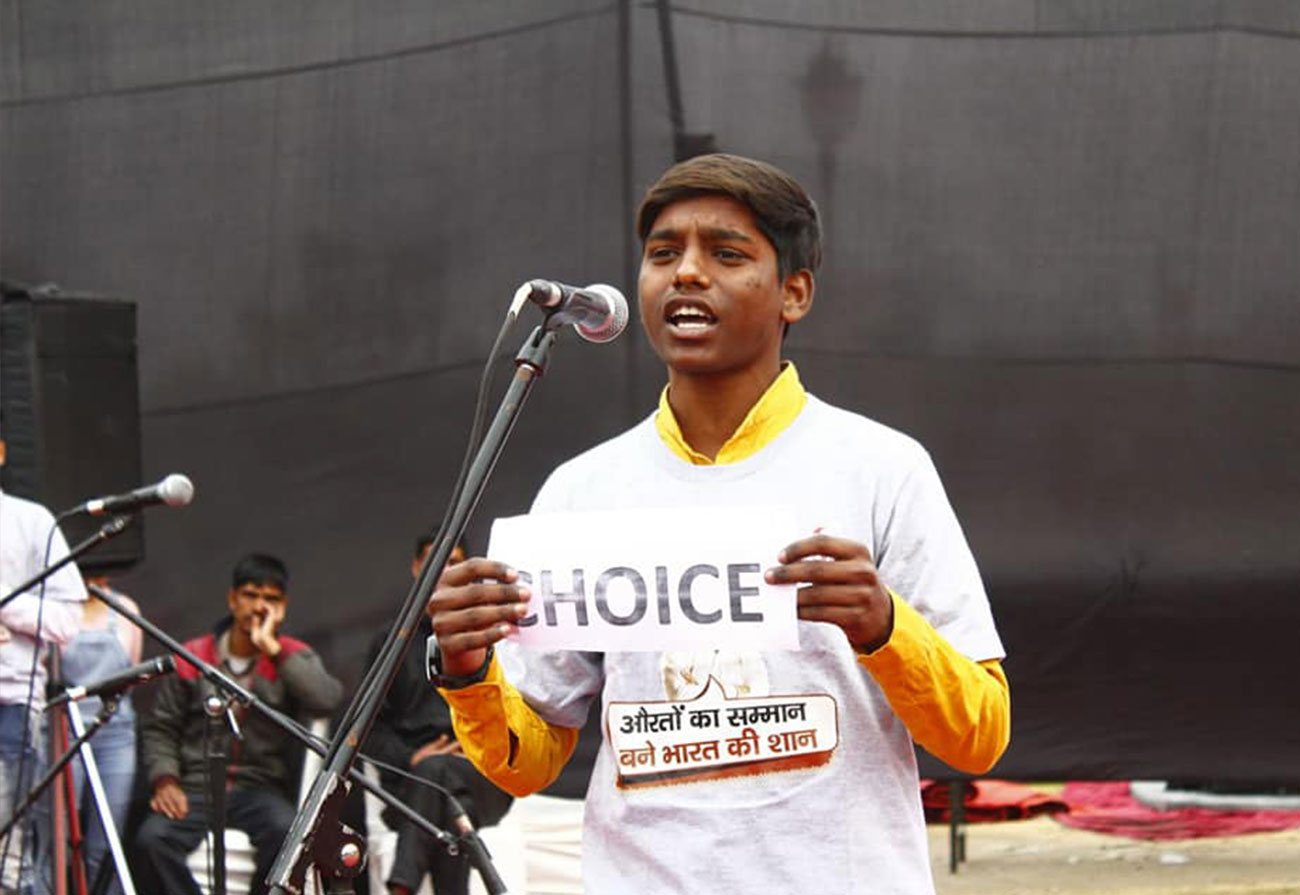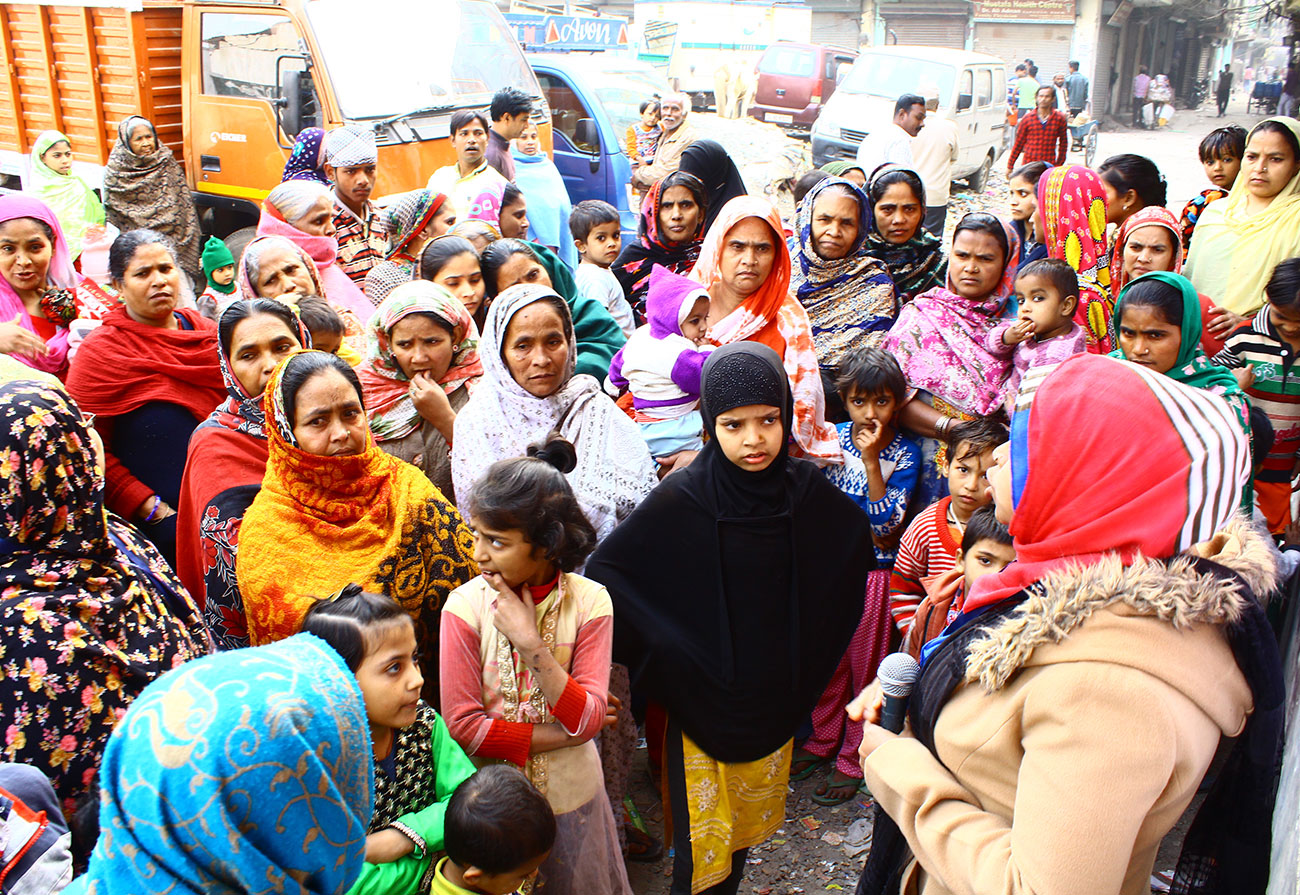Farah Naqvi, an alumnus of Columbia University, is a feminist, writer and activist. For over 25 years she has worked on gender, caste, and minority issues, towards justice, democratic rights and freedom from violence.
Her work has spanned a range of media and locations – from remote villages to public policy spaces – as Member, National Advisory Council or NAC, (2010-2014); Member, Post-Sachar Evaluation Committee (Kundu Committee), Ministry of Minority Affairs (2013-2014); Member, Planning Commission Steering Committee on Empowerment of Minorities, for India’s 12th five-year plan (2011-2012); Member, Planning Commission Steering Committee for Women and Child Development, for the 11th five-year plan (2007-2008); Member, Planning Commission Working Group on Adolescents’ Development & Youth Affairs, 11th Five Year Plan (2007-2008); Member, Planning Commission Working Group on Minority Affairs, for the 11th five-year plan (2007-2008).
She has worked on law reform including the 2013 Criminal Law Amendment Act on sexual assault laws; draft law on communal and targeted violence; amendments to the Scheduled Castes and Scheduled Tribes (Prevention of Atrocities) Act; amendments to include domestic workers in sexual harassment law – all entailing advocacy with government and parliamentarians; inter-facing with relevant Parliamentary Standing Committees; writing submissions and deposing before Standing Committees.
She has also been part of several fact-finding reports on situations of civil strife and communal violence including in Chhattisgarh (War in the Heart of India), Muzaffarnagar (30 Days and Counting and A Human Tragedy Unfolds), Gujarat (Survivors Speak &Threatened Existence). She has authored two books – Waves in the Hinterland (2007) about a newspaper created by Dalit women journalists and Working with Muslims: Beyond Burqa and Triple Talaq (2017) about how the voluntary sector engages on the ground with India’s largest minority. For nearly two decades, she has worked on hate-based violence and internal displacement in India, and recently co-directed with Srishti films (Bangalore) The Colour of My Home (2017), a film about loss, remembering and rebuilding broken lives, post the Muzaffarnagar violence of 2013.









